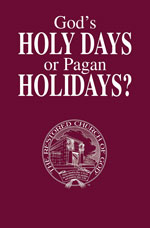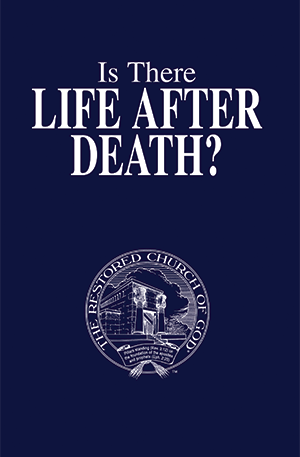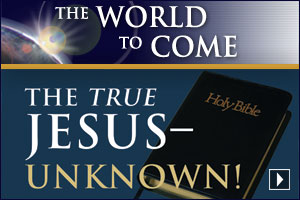This verse is universally misunderstood because the meaning of the word translated “soul” has been lost. Christ’s statement is demystified once the term is properly defined.
The Greek word pseuche and the Hebrew word nephesh are both translated as “soul.” Both of these words mean a living, breathing creature, in reference to man or animal.
The word “soul” never refers to something immortal within a man or an animal. In fact, you will not find the term “immortal soul” anywhere in the Bible. On the contrary, God’s Word clearly teaches that a soul can perish. The Prophet Ezekiel was inspired to write (twice), “The soul that sins, it shall die” (Ezek. 18:4, 20). The word “soul” simply means life, pertaining to that of any man or animal.
The word “life” in Leviticus 17:11 is translated from the same Hebrew word for “soul.” An equally correct way to read this verse is the following: “For the soul of the flesh is in the blood.” Christ gave His life (the Greek word psuche ) as a ransom for mankind (Mark 10:45) by pouring out His soul (his life’s blood) as payment for our sins (Isa. 53:12). As previously stated, “soul” refers to the physical life of an animal or person.
No man can destroy both the physical body and the soul (life). However, God can. On another occasion, Christ stated the same thing: “And I say to you, My friends, do not be afraid of those who kill the body, and after that have no more that they can do. But I will show you whom you should fear: Fear Him who, after He has killed, has power to cast into hell [the lake of fire—the second, final death]” (Luke 12:4-5). Men can destroy one’s physical life. But this is only the first death (Heb. 9:27).
However, God has the power both to grant life and to temporarily or permanently remove it. Just as He has the ability to raise back to life those killed by men, He also has the power to take life in a manner no human being can. If He deems a person unworthy to be in His kingdom, He will condemn that person to be totally destroyed in the lake of fire, which is the second death. There will be no resurrection for those in the lake of fire (Rev. 20:14-15; Mal. 4:10). Both the body and life (soul) of anyone who refuses to repent of his sins will be destroyed forever.
The meaning of Christ’s statement was that we are not to conform our lives to the appeasement of those who may threaten us, but rather to God’s will (please read Acts 5:29). If one dies at the hands of men, it will be only a temporary death. If God kills a man, it will be for eternity.
If you would like to know more about this subject, read our booklets Is There Life After Death? and The Truth About Hell.




















